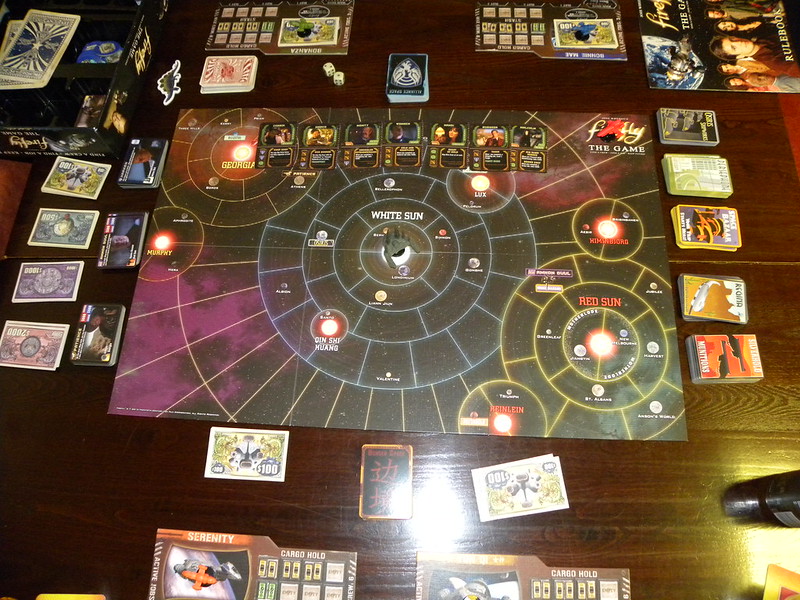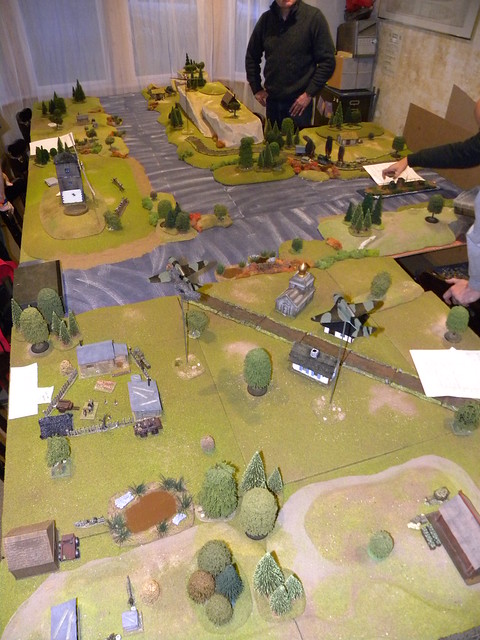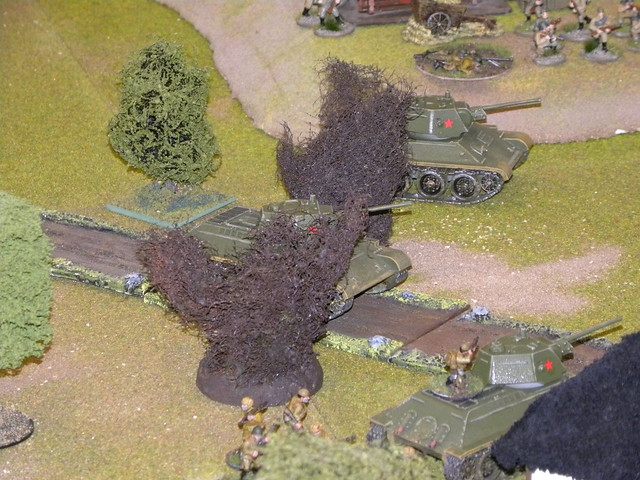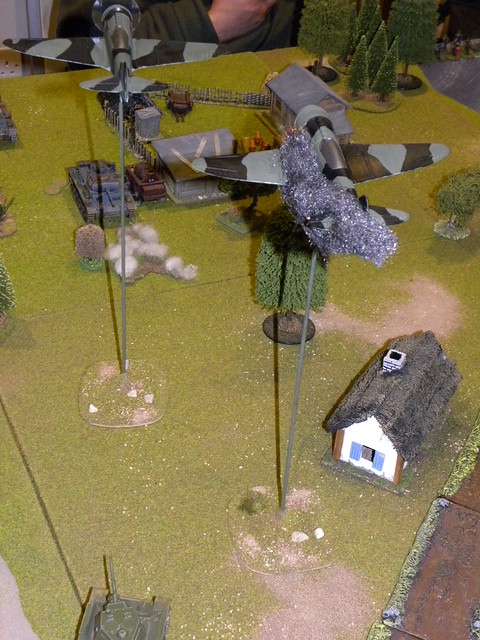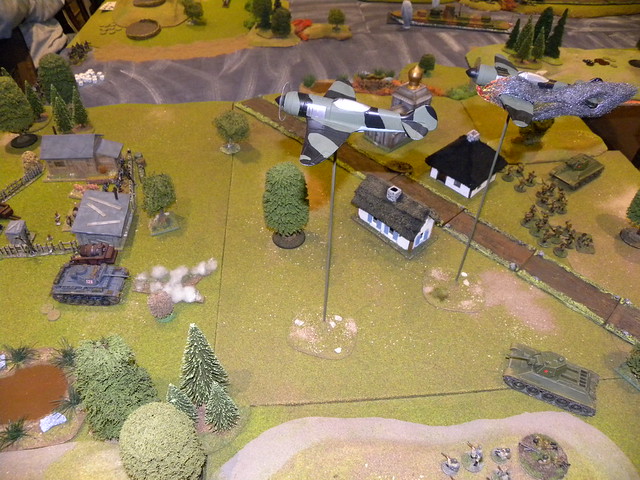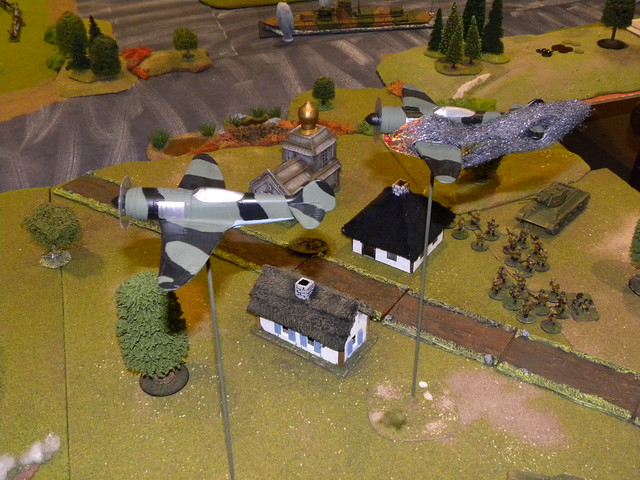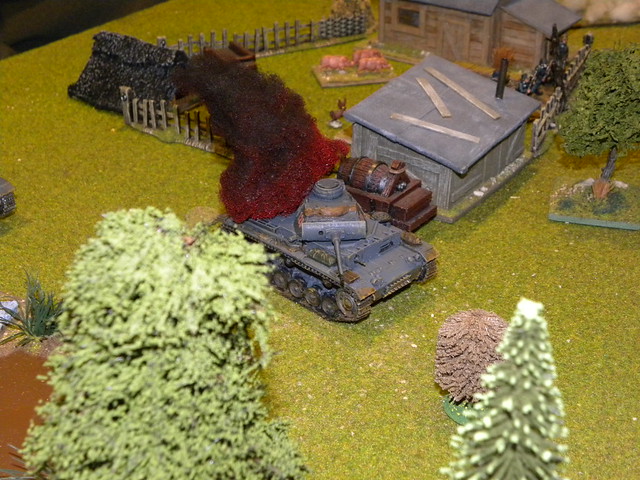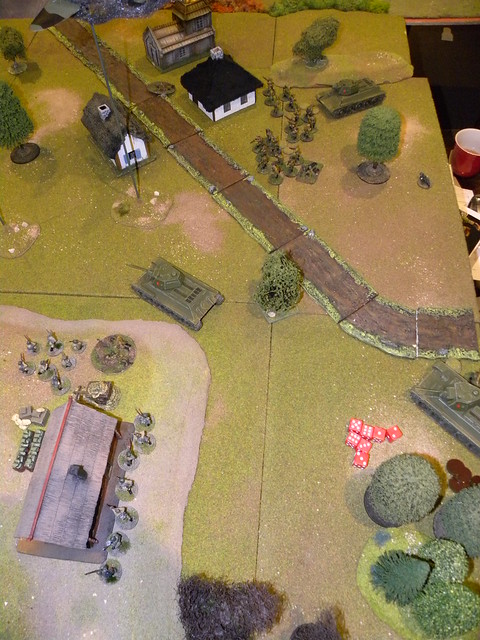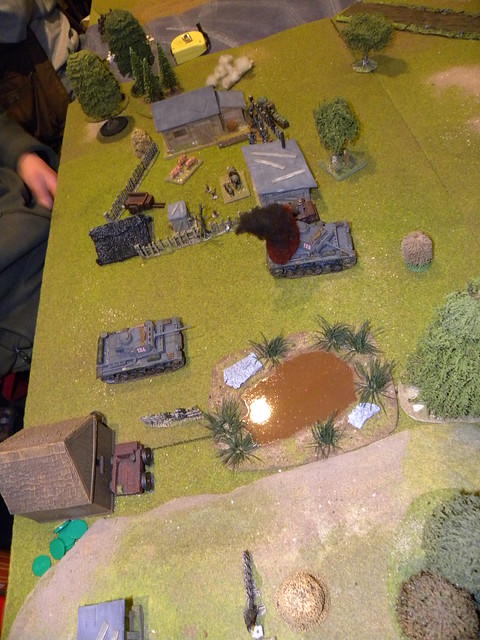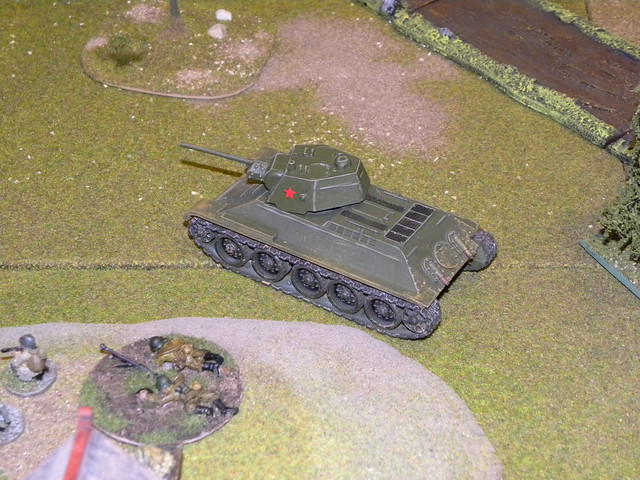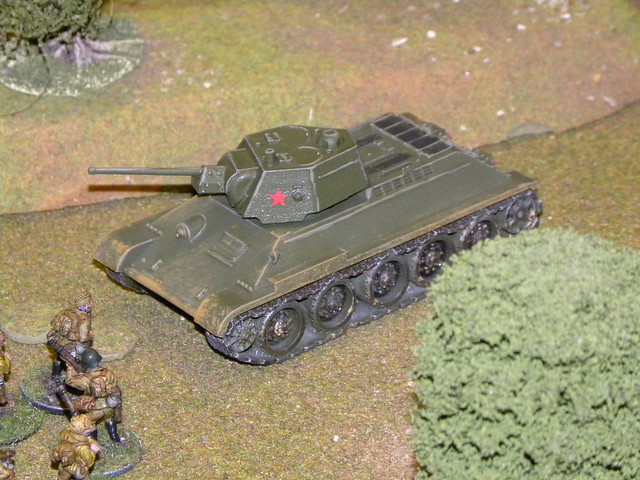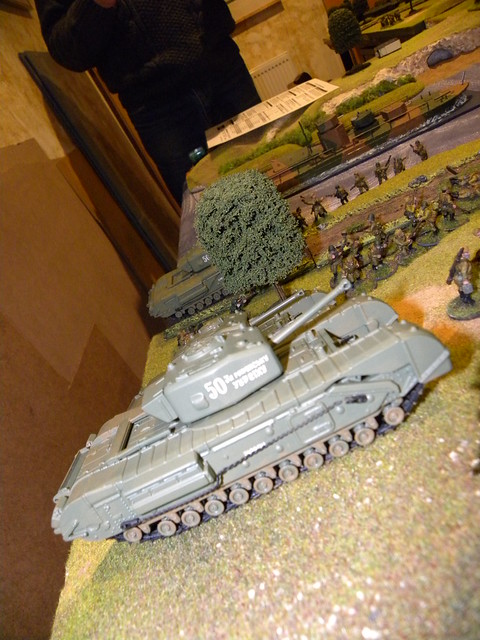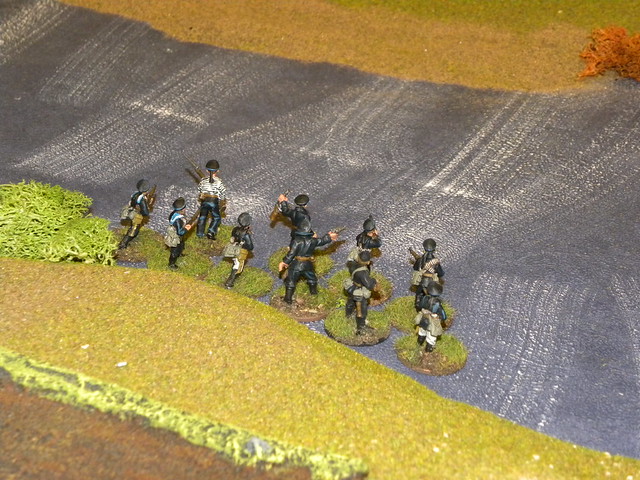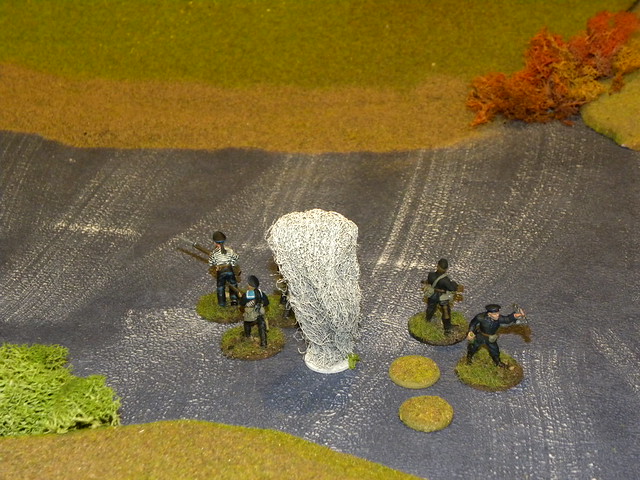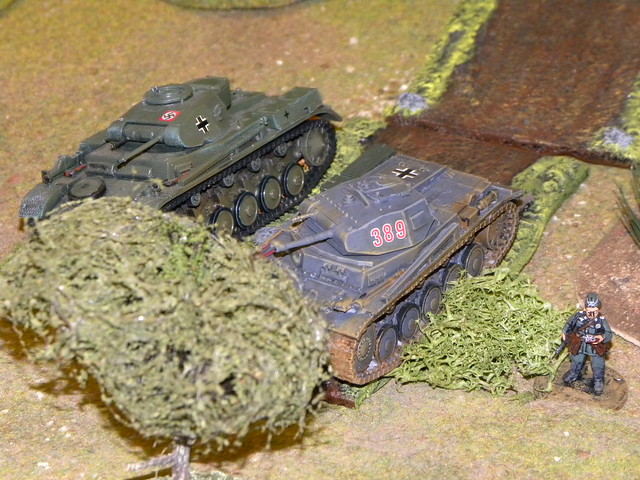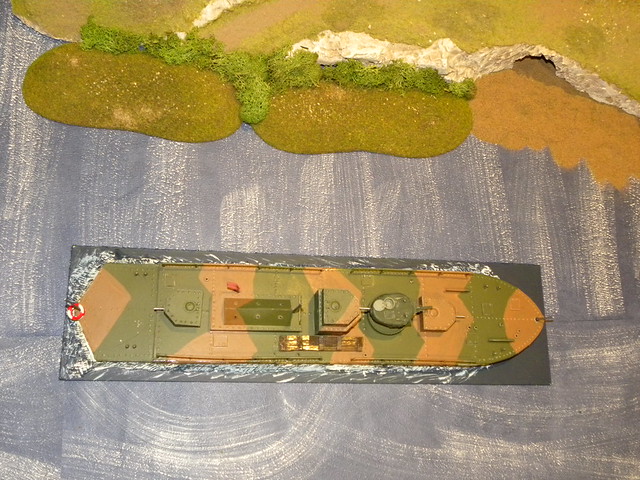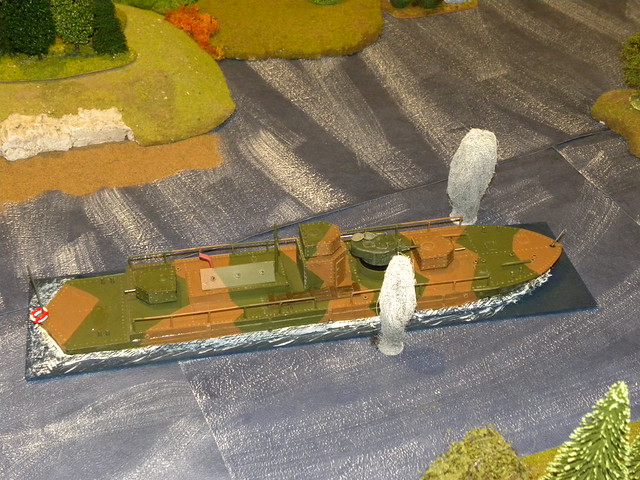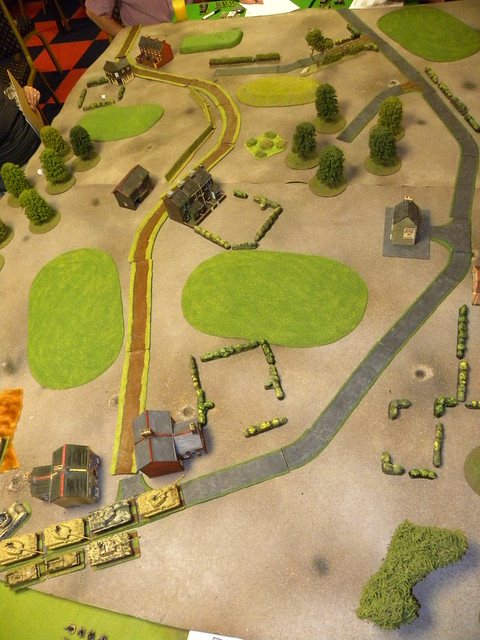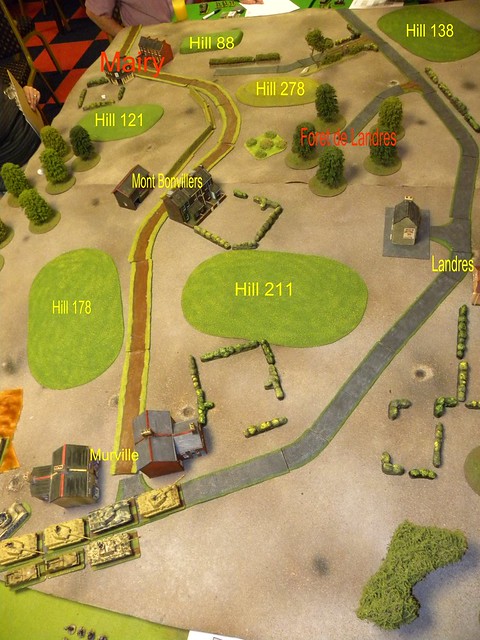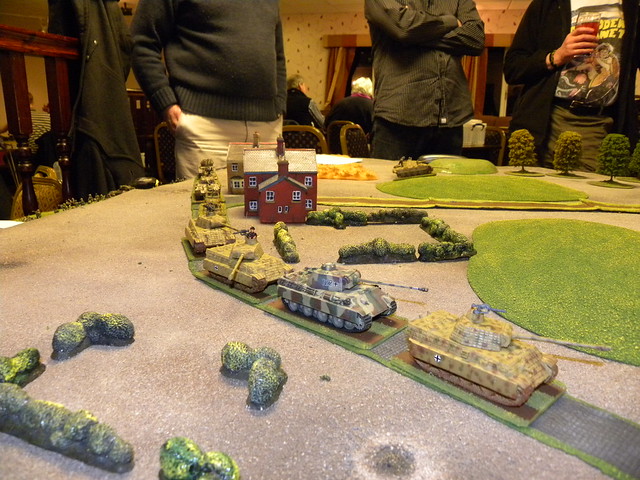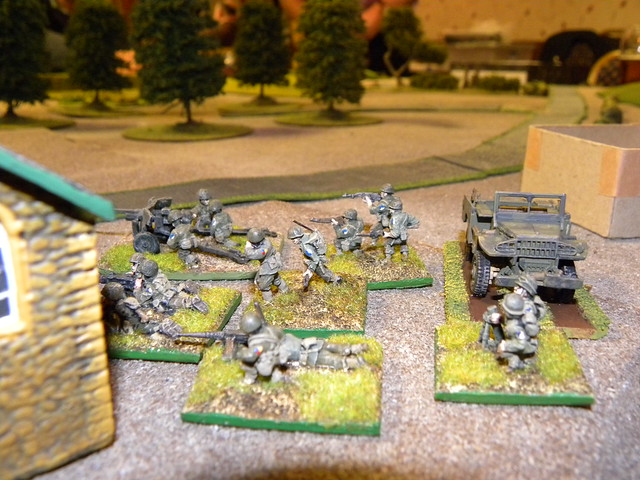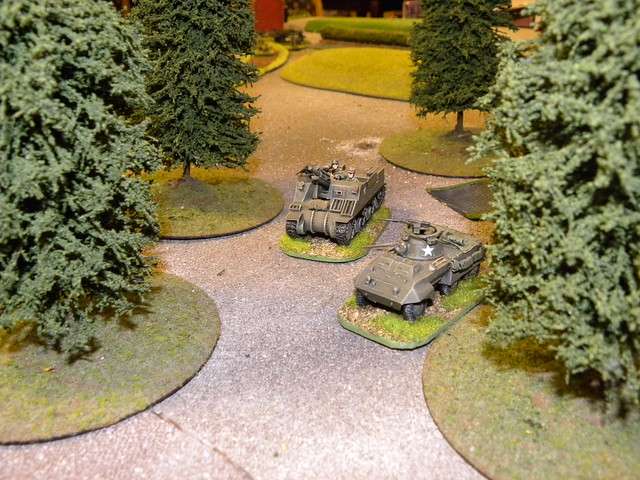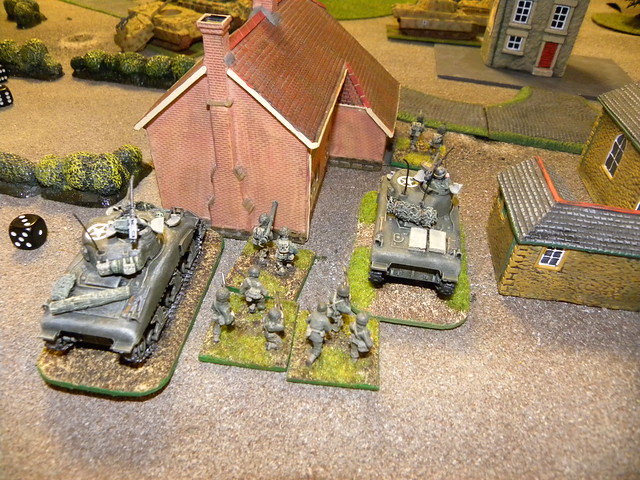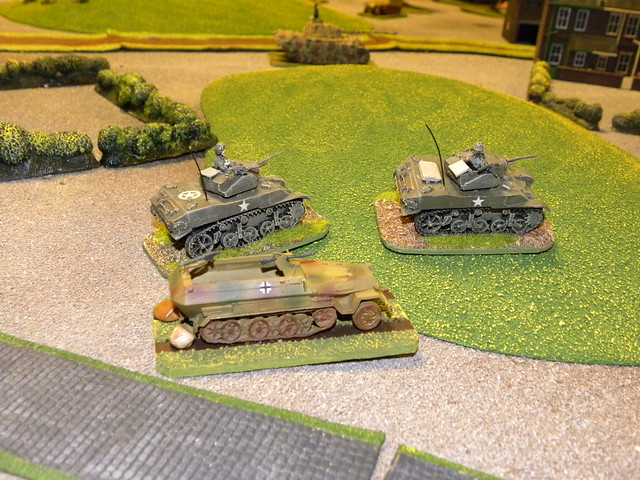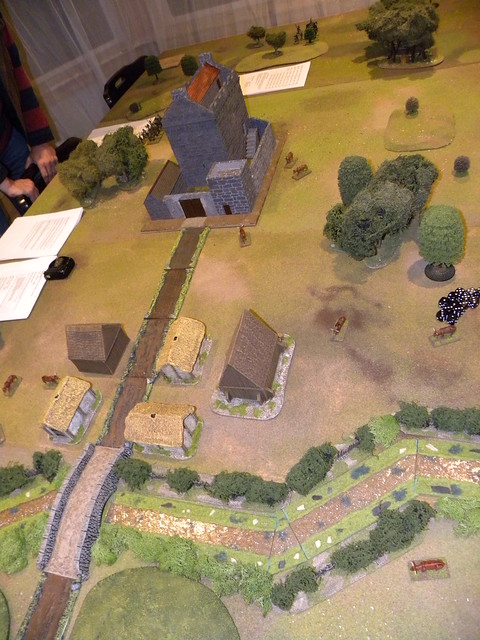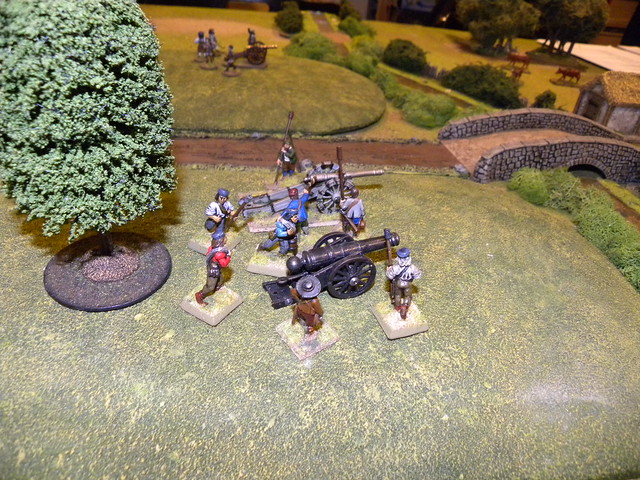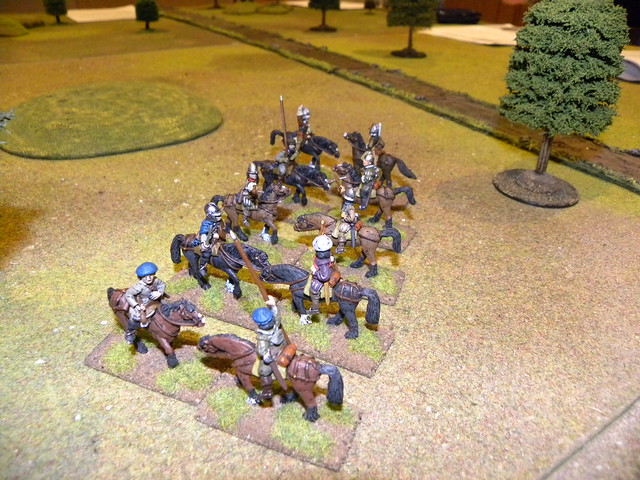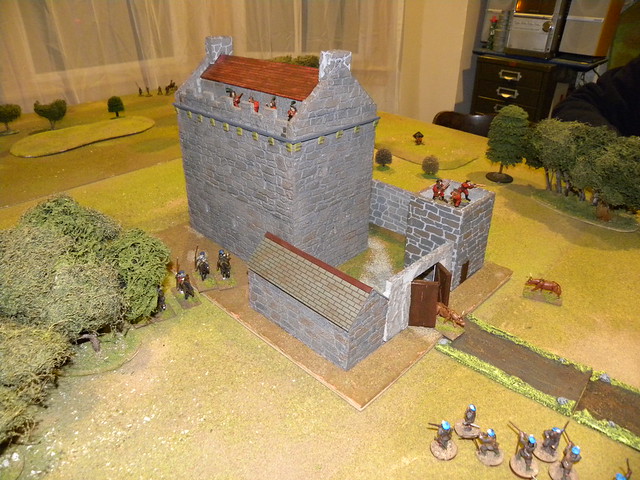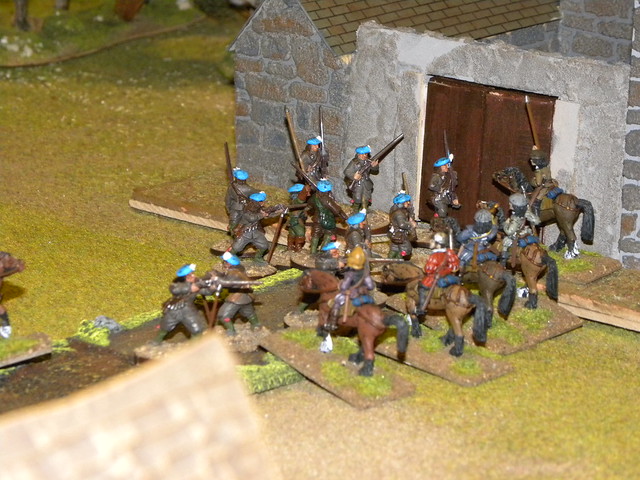I believe that I have placed my opinion very clearly. There is no hope for the divided Reich! All those princes, electors and rest of this scum who don't believe in United Reich, should be asked a question: Who pays you? Who do you serve? Is it France? Is it Russia or is it Sweden? I don't know my dear soldiers, but only one I know that, we and our Allies, who thinks like us, should give them the hard lesson. The lesson they never forget! By this lesson their thoughts will be cleared, and then they will see the world with our eyes. They will see the future of our great Nation! Remember boys, we don't fight to conquer, we fight for the brighter future for our sons and grandsons. Long live the Great Reich, Long live our great Nation! Ein Volk und Ein Reich!
From the Frederick the 2nd speach to his soldier before marching out.
I know the good place for beer guys.
Soldier of the 2nd Hessian Division to his comrades.
Wierzę, ze wyraziłem swoje zdanie bardzo jasno na ten temat. Nie ma nadziei dla podzielonej Rzeszy! Wszyscy ci książęta, elektorzy i reszta tego patałajstwa, która nie wierzy w Zjednoczoną Rzeszę, powinno zadać sobie pytanie: Kto was opłaca? Komu służycie? Czy to Francja? Czy może Rosja albo Szwecja? Nie wiem, moi drodzy żołnierze, ale wiem jedno że, my i nasi Sprzymierzeńcy, którzy myślą jak my, powinni dać im lekcję. Lekcję, której nigdy nie zapomną! Przez tą lekcję ich umysły zostaną oczyszczone i wtedy będą mogli spojrzeć na świat naszymi oczami. Zobaczą wtedy przyszłość naszego wielkiego Narodu! Pamiętajcie chłopcy, nie walczymy by podbić, walczymy dla lepszej przyszłości naszych synów i wnuków. Niech zyje Wielka Rzesza, Niech żyje nasz wielki Naród! Ein Volk und Ein Reich!
Mowa Fryderyka II przed wymarszem swoich żołnierzy.
Znam miejsce, gdzie podają dobre piwo.
Żołnierz 2. dywizji heskiej do swoich kompanów.
Mediatization, it was the process in 18th and 19th centuries when bigger German states took control over the smallest. It was the beginning of united Germany and the second Reich. This was processed more or less without great wars or etc. We decided to check what would happend if some states would be opposed to this and decided to defend their right. That was subject for two days gaming with my new wargame group.
Mediatyzacja była procesem który w XVIII i XIX wieku kiedy to większe niemieckie państewka przejęły kontrolę nad mniejszymi. Był to początek jednoczenia Niemiec i drugiej Rzeszy. Proces ten przebiegał w miarę pokojowo bez większych wojen itp. Zdecydowaliśmy się jednak sprawdzić co by się stało gdyby jednak pewne państewka jednak mocno by zaoponowały i były gotowe bronić swojego zdania. Było to tematem dwudniowej gry z moją nową grupą wargamingową.
The big game was processed by test game in our club. During this game we had to check some rules prepared by Bill Gilchrist for this game. For this test we played a game with Donald Adamson, Campbell Hardie and visiting our club Richard against me and Bill. We used figures from Bill's collection. The game gave us the answers for few questions and were prepared for the big game. This test game was won by Bill and myself.
Wielka gra została poprzedzona grą testową w naszym klubie. Chcieliśmy sprawdzic kilka zasad przygotowanych przez Billa Gilchrista do tej gry. W teście zagrali Donald Adamson, Campbell Hardie i wizytujący nasz klub Richard przeciwko Billowi i mnie. Użyliśmy do gry figurek z kolekcji Billa. Gra dała nam odpowiedzi na kilka pytań i dzięki temu byliśmy przygotowani do naszej wielkiej gry. Gra testowa została wygrana przeze mnie i Billa.




The big game was played on the 24' x 8' table with 16 players all together. There were three sides: the antimediatization forces, the promediatization and the emperor with his support. On the beggining of the game two states from the Pros joined the emperror but soon the emperor joined the Antis and in this way to the end of the day two opposite sides remained: Antis and Proses. During the midday during the Great Voting (sides had the possibility of changing their sides) the leader of Antis abbadonned his side and joined the Proses but later on he came back to his original forces. During this day none of the sides took the victory.
Wielka gra była rozgrywana na stole o wymiarach 24 na 8 stóp z 16 graczami. W grze na początku były trzy strony: antymediatyzacyjne, promediatyzacyjne i cesarz ze swoimi stronnikami. Na początku gry dwa kraje Popierające dołączyły do cesarza, jednak ten wkrótce sam dołączył do przeciwników i do końca dnia pozostały dwie walczące strony: Przeciwników i Popierających. W środku dnia przywódca Przeciwników dołączył do Popierających, jednak w późniejszym czasie powrócił do swoich oryginalnych sił. Podczas tego dnia żadna ze stron nie odniosła zwycięstwa.
My forces (Hesse) had problems from the beggining of the game. My initial forces (1 brigade) had to face two enemies. The problem was with my another two brigades. Becouse of my very bad throws for command I cannot bring them on the battlefield. Despite this problems my first brigade fouth very bravely. But the situation of my army was very critical. Specially the attack from the left flank by Prince of Starhemberg was very destructive for my troops. Finally I managed to bring my missing brigades and form the defending lines, but at the end of the day my loses was more then whole brigade.
Moje siły (Hesja) od początku gry miały duże problemy. Moje początkowe siły (jedna brygada) musiałe walczyć z dwoma przeciwnikami. Problem był z moimi pozostałymi dwoma brygadami. Poprzez moje złe rzuty na dowodzenie, nie byłem w stanie prowadzić ich na pole walki. Pomimo tego moja brygada walczyła bardzo dzielnie. Sytuacja mojej armii była bardzo krytyczna. Szczególnie atak z lewej flanki Księcia Starhembergu był bardzo destrukcyjny dla moich oddziałów. W końcu udało mi się sprowadzić brakujące brygady i utworzyć linie obrony, jednak pod koniec dnia moje straty wynosiły więcej niż brygadę.
Day 1:
Dzień 1.:
Promediatization: Elector of Hesse (CoC), Prince of Thurn and Taxis, Count of Wartenberg-Roth, Count von Leyen, Prince Bishop of Augsburg, Bishop of Wurtzberg.
Antimediatization: Duke of Arenberg (CoC), Prince of Fugger Baberhausen, Duke of Holstein-Gottorp, Prince of Starhemberg, Count Aspremont Lynden, Bishop of Trent,
Emperor: Imperial Army, Prince of Galatia.
turn 1: Count Aspremont Lynden and Count of Wartenberg-Roth changed their sides.
turn 4: Count von Leyen changed side, Count of Wartenberg-Roth and Bishop of Wurtzberg joined the Emperor.
turn 5: Count von Leyen and Prince of Fugger Baberhausen changed their sides.
the Great Voting:
Promediatization: Duke of Arenberg (CoC), Elector of Hesse, Prince of Thurn and Taxis, Bishop of Trent, Bishop of Wurtzberg, Count of Wartenberg-Roth, Prince Bishop of Augsburg
Antimediatization: Count von Leyen (CoC), Prince of Fugger Baberhausen, Duke of Holstein-Gottorp, Prince of Starhemberg, Count Aspremont Lynden,
Emperor: Imperial Army, Prince of Galatia.
turn 7: Duke of Arenberg changed his side and became the CoC, the Elector of Hasse became the CoC for Proses.
turn 10: Prince of Fugger Baberhausen changed sides.






During the second day, the Emperor have declared his neutrality. All parts has been devided on two sides, depends on which side of the table they were. I stayed with the Pros. During the second day the sides changes has been prohibited, only Emperor was able to chose the side and actually it wasn't him who choose, that's becouse he has been attacked by one of the Proses. Finaly just before the end of the game the Emperor has been captured and the Pro side was declared a winner. My situation at the beggining of the second day was very bad. I had only two brigades (I have bought some reinforcements) and my opponents have three brigades each. My worst enemy from the previous day, the Prince of Starhemberg became my Ally, so I decided to fight against the Duke of Arenberg. Unfortunely I was outnumbered and Duke after furious battle defeated my forces, so I personally lost the battle, but my side won it. So I can declare win and loss together.
Podczas drugiego dnia, Cesarz ogłosił swoją neutralność. Wszystkie strony konfliktu zostały podzielone na dwa obozy, w zależności po której stronie stołu się znajdowali. Ja pozostałem z Popierającymi. Podczas drugiego dnia zabroniona była zmiana stron i tylko cesarz mógł tego dokonać. Ostatecznie jednak, to nie on dokonał wyboru a jeden z Popierających, który zaatakował siły cesarskie. Pod koniec gry cesarz został pojmany i strona popierająca zastała ogłoszona zwycięzcą. Moja sytuacja na początku drugiego dnia była bardzo zła. Posiadałem jedynie dwie brygady (zakupiłem pewne wzmocnienia) a każdy z moich przeciwników dysponował trzema. Mój największy wróg z poprzedniego dnia, książe Starhembergu został moim sprzymierzeńcem, więc zdecydowałem się uderzyć na Księcia Arenbergu. Niestety byłem słabszy liczebnie i Książe po zażartej walce pokonał moje oddziały, tak więc osobiście bitwę przegrałem, jednak moja strona wygrała, wiec mogę jednocześnie zadeklarować i zwycięstwo i przegraną.
Day 2:
Dzień 2.:
Promediatization: Count Aspremont Lynden (CoC), Elector of Hesse, Prince of Starhemberg, Prince of Fugger Baberhausen, Count von Leyen, Bishop of Trent.
Antimediatization: Prince of Thurn and Taxis (CoC), Count of Wartenberg-Roth, Prince Bishop of Augsburg, Bishop of Wurtzberg, Duke of Arenberg, Duke of Holstein-Gottorp.
Emperor: Imperial Army, Prince of Galatia.
It was great days and I am more than happy to have been invited to this group. Next big game in October: Sudan 1883.
To był naprawdę wspaniałe dni i jestem bardzo szczęśliwy mogac dołączyć do tej grupy. Nasza następna duża gra w październiku: Sudan 1883.
Some links to the galleries and relations:
Kilka linków do galerii i innych relacji:
Pregame/Gra testowa:
Part 1/Część 1:
Part 2/Część 2:
Relation on Jack Glanville's blog/Relacja na blogu Jack'a Glanville:
Gallery on John Glass flickr/Galeria na flickru Johna Glassa:
